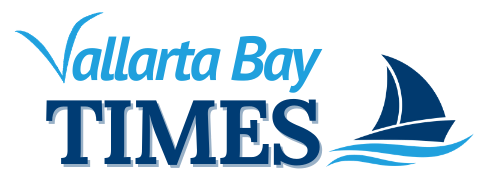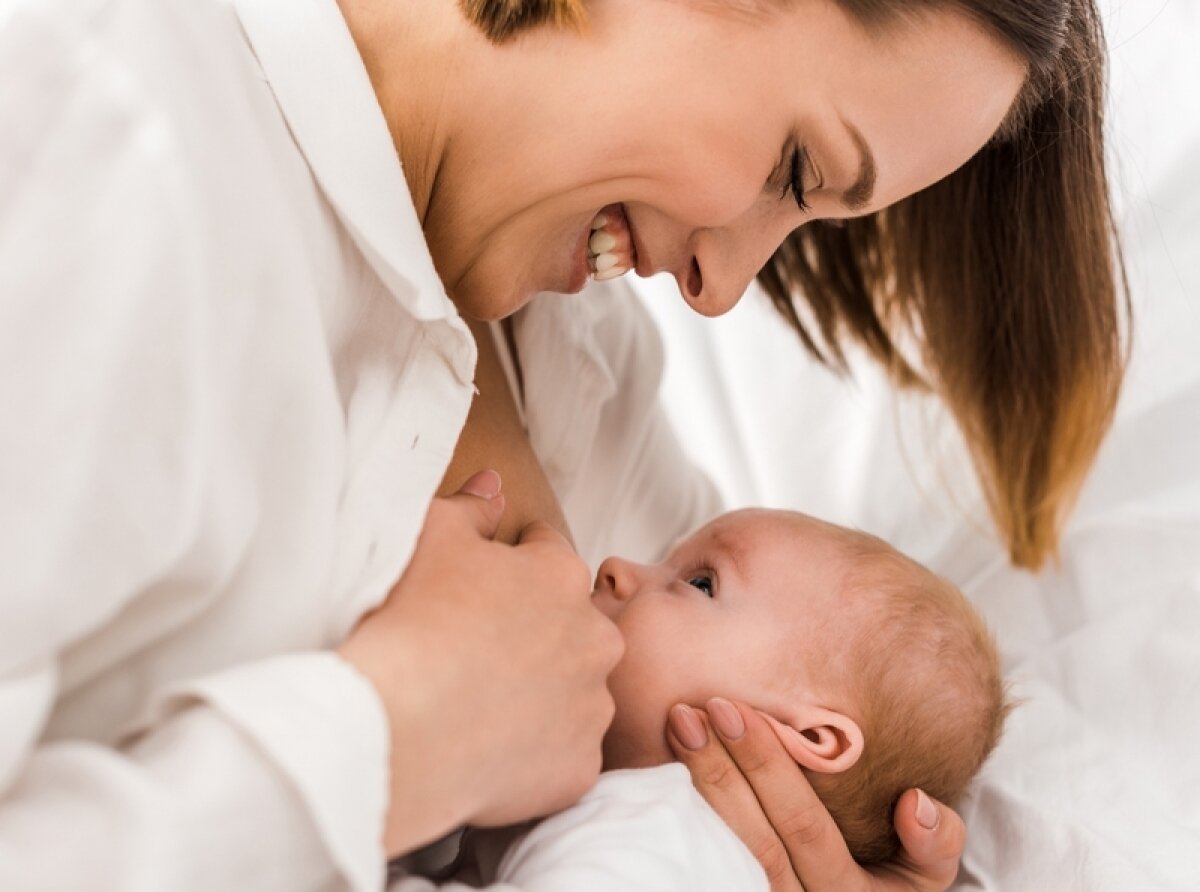The number of visits for collection, donor women, and pasteurized milk supplies have all increased.
Despite the contingency and the changes due to the presence of COVID-19, the donation of breast milk and the women donors of this food increased in an exemplary way in Jalisco, benefitting more than 1,000 babies and doubling the collection goal.
At the start of the activities to commemorate the "World Day of Human Milk Donation" this May 19, the general director of the OPD Jalisco Health Services, José de Jesús Méndez de Lira, explained that during 2020 the number of visits for breast milk collection increased by 100%.
In the same way, the number of donors increased by 55 percent, from 227 in 2019, to 351 donors in 2020, increasing the uptake of breast milk from 1,268 liters received in 2019, to 1,683 liters in 2020, which represents an increase of 33%.
Breast milk is essential in the feeding of the newborn due to the innumerable benefits it has, but not all mothers can give it to their babies. For this reason, the Jalisco Health Secretariat (SSJ) invites women in the lactation stage and are in a position to do so, to become donors.
The commemoration of this day seeks to promote breastfeeding, and to collect, process, and distribute pasteurized human milk with certified quality, especially for premature newborns of low weight or with any health conditions.
In 2019 alone, 771 newborns benefited while in 2020, 1,016 babies received this food so beneficial for the development of all infants.
Since 2014, Jalisco has had the Breast Milk Bank of the Esperanza López Mateos Maternal and Child Hospital, which benefits, among others, 6 institutions such as the General Hospital of the West, the Regional Hospital of Autlán, the Juan I. Menchaca Civil Hospital, the Fray Antonio Alcalde Civil Hospital, the Cabañas Cultural Institute Shelter, and the Specialized Unit for Neonatal Obstetric Care in Guadalajara.
Cesáreo González Bernal, head of Pediatrics at the Hospital Materno Infantil Esperanza López Mateos, pointed out that as part of the Network of Lactarians for Strengthening the Milk Bank, during 2006 the hospital underwent a very important change and a restructuring of the Neonatology area which helped to increase the number of units for their care.
“In 2014 the Milk Bank was inaugurated in the facilities of the Esperanza López Mateos Maternal and Child Hospital. Six and a half years after its opening, 2,063 liters of breast milk have been collected, of which 1,444 liters have been pasteurized and 619 liters have been discarded. We have registered a total of 977 donor mothers, and 975 newborns have benefited,” added the expert.
In addition, Jalisco participated in the campaign called "Massive Donation of Human Milk; Together Saving Lives," carried out by the Human Milk Bank, whose goal was to collect 50 liters of breast milk from May 1 to 15. Jalisco not only reached the goal, but doubled it by collecting 105 liters of donated milk.
The "World Day for Human Milk Donation" was established to thank mothers who generously share their breast milk and thereby contribute to providing the protection and care necessary for premature or low-weight babies, who may be in intensive therapy, or they do not tolerate artificial milk and cannot be fed by their mothers.

